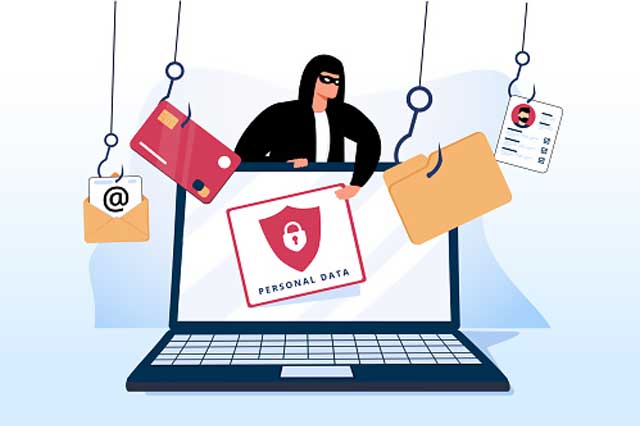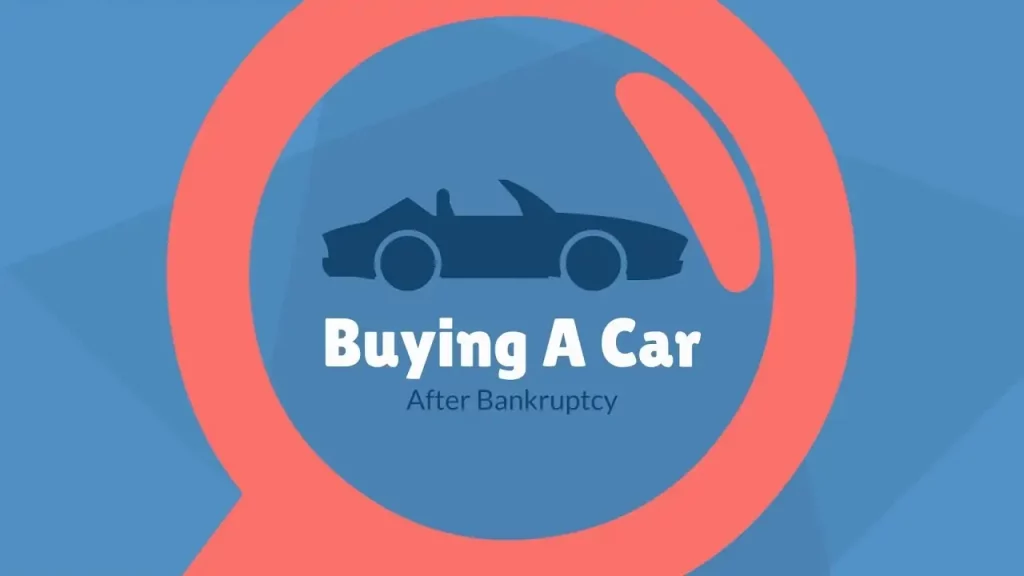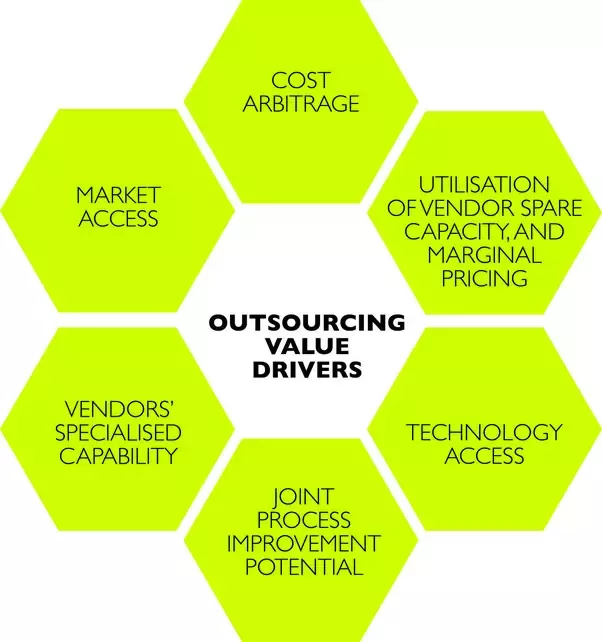If you are wondering how to avoid financial scams, watch this: you are offered novel investments with high profitability without any risk (something impossible), you receive an email demanding all your personal data or you receive a message on your cell phone alerting you of a problem with a shipment and whose solution is to open a link.
Contents
What is Financial Scams?

Financial scams are attempts to defraud someone through deception. Scams can take many forms, from fake investment opportunities to fake charitable organizations. A wide variety of people and groups may be involved in scams, including criminals, con artists and even government agencies.
See Also: Best Cargo Vans 2022
Many financial scams target people who are looking to make a quick buck. They may promise big returns on the next big stock tip or claim that they can earn you millions by investing in a new business opportunity. Some scams will even ask you to send money to help someone out of financial difficulties.
The Financial Consumer Protection Agency (FCPA) is an organization that has been established to help protect consumers against financial scams. It is also responsible for prosecuting criminals who try to scam other people out of their money. The FCPA works with law enforcement agencies and other organizations to fight against financial fraud.
These are some of the formulas used in financial scams, a criminal trend that has increased in recent years, taking advantage of the boom in new technologies and social networks.
Financial Education – How to Prevent scams
This year, Financial Education Day, which is celebrated every first Monday of October, is set under the slogan Education for Safer Finances.
Raising awareness of the importance of financial education and improving it throughout the population helps to prevent citizens from putting their finances at risk by falling into fraudulent networks.
For this reason, the Finance for All initiative promoted by the Bank of Spain, the National Securities Market Commission (CNMV) and the Ministry of Economic Affairs and Digital Transformation, with the collaboration of various entities such as Fundación MAPFRE, warns of the most common frauds and how to avoid them.
Being well informed about personal finance and security on the Internet, as well as acting accordingly, will save us from great unpleasantness.
According to the CNMV, financial chiringuitos are those entities that offer and provide investment services without being authorized to do so by the CNMV itself or by the Bank of Spain, and to whom we should turn to in case of doubt.
The risks of falling into one of them is that their services are only a cover to appropriate the capital of their victims making them believe that they are only making a high profitability investment.
They are dangerous because they operate outside the law, evading controls and the investor is left totally unprotected with no guarantee funds. They usually promise exotic and sophisticated investments that they do not justify to unsuspecting clients.
This high profitability, when other regulated entities cannot offer it, should make us suspicious. Also, that the salespeople have a special ability to be credible without explaining themselves completely, insist that the investment is made as soon as possible and do not give importance to the risk factor.
How to Avoid Financial Scams Speech: beware of giving out your details

In these cases, the most common financial scams to avoid, the objective of these fraudsters is to obtain our personal or banking data to impersonate our identity and thus operate with our accounts and dispose of our funds.
Phishing
Phishing are those emails that appear to be from financial institutions or other solvent entities (energy and telephone companies, public administrations, e-commerce…) that ask us to click on a link to enter our personal data.
The excuses range from security problems to a service cut-off if we do not pay a certain debt. After that link, the user is directed to a fake website that does not appear to be a fake and where we will have to provide our personal information.
Smishing
Smishing simulates the same technique, although it is via SMS, and vishing -which derives from the combination of voice and phishing- is a telephone fraud involving a call from a third party pretending to be an employee of a financial institution.
As pointed out by Finanzas para todos, avoiding these frauds is not difficult. Some formulas are not to answer emails, messages or calls requesting confidential information; delete them once we receive them; do not download or execute the attached files; access the web page of the entity or company by typing the authentic URL in the address bar and, above all, be suspicious of anyone who asks us for our passwords to access online banking and the data of our cards.
Experts insist that no authorized banking institution calls or emails its customers to ask for personal information or passwords because they already have that information.
It is advisable to create complex passwords for each different web page (combining upper and lower case, numbers and letters), and change them frequently. Many mobile devices give us the possibility to obtain secure passwords and to check the level of strength of the ones we have by recommending changes.
Pharming – when phishing gets more sophisticated
With this cybercrime, criminals infect the computer or electronic device with malware to redirect traffic from legitimate websites to fake pages created to collect confidential data. The problem is that they take us to web pages that look authentic.
To avoid being affected by such a scam, we should use an up-to-date anti-virus and anti-malware software; keep our operating systems up to date; have a password manager and make sure that the connection is secure, i.e. that it has an icon in the address bar, for example a closed padlock, and that it starts with “https”.
Cryptoassets that don’t really exist
Cryptoassets, including cryptocurrencies or cryptocurrencies are a digital representation of value or rights thus being assets that do not exist in physical form. There are numerous cryptoassets that are fake and are aggressively advertised to the public in all kinds of online media.
In addition to the incredible profits, the scammers push to make quick decisions in order “not to lose the opportunity”. Not being a regulated product, cryptoassets are outside the protection offered by the current European Union rules on financial services.
The CNMV and the Bank of Spain not only recommend us to be wary of these tempting investment proposals, but also that we should never invest money in something we do not understand and whose offer does not include the associated risks.
From the computer technician’s call to romantic catfishing
Some scammers pose as technical support staff from an investment platform, bank or other well-known company, claiming that there is a problem with your device and that you should download an app so that they can fix it themselves by working remotely.
If you listen to them, they gain access to your computer and can get hold of your passwords. Others, however, are able to establish a friendly or sentimental relationship with you through a fake profile.
Catfishing, which refers to the use of a false identity on the Internet, can be the first step so that, once trust has been established, they ask for money by inventing a personal drama or encourage you to make an investment that is a bargain that few people know about.
Even, as the relationship strengthens and if you have shared intimate images, they can later extort you or send you links to view videos or digital cards that are malicious files to obtain your data.
From Finance for all insist that keeping alert about the management of our money and expand our financial culture will free us from many risks. And if you suspect a strange call or a message demanding your personal data or an amount of money, you will also be right.
- The winner of the Hottest Firefighter promises: “I’ll stay dedicated to saving lives.” - December 1, 2022
- Smiling influencer caught on camera kicking a dog apologizes for sharing the ‘cruel act.’ - December 1, 2022
- What is full coverage auto insurance in Florida? - November 14, 2022



